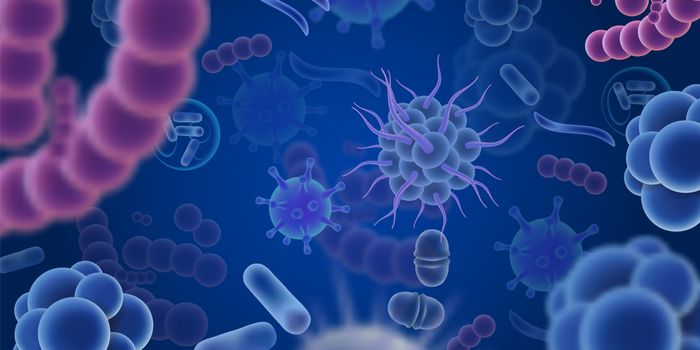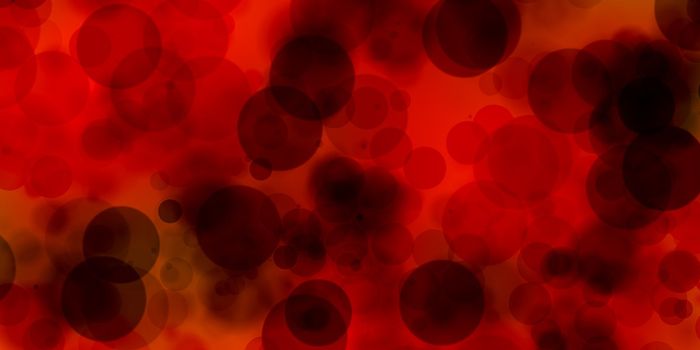Using Yeast to Synthesize Incredible new Drugs
Many years of effort have been spent mapping the mechanisms that underlie yeast metabolism, because of the tremendous potential they hold as producers of clinical therapeutics. That project is finally complete, a significant step toward using yeast to synthesize proteins that treat disease. Scientists led by Professor Jens Nielsen at the Chalmers University of Technology have reported their important findings in Nature Communications.
The body uses proteins to carry out many essential functions, and there is an intense focus on developing synthetic proteins that act like natural ones. Insulin, important for diabetics, is one example already under development. The HPV vaccine is another. There are ideas for protein drugs that treat other diseases like cancer, but they are much more challenging to manufacture.
"They are currently produced using a cell factory based on a single cell from a Chinese hamster. It's an extremely expensive process. If we can get yeast cells to do the same thing, it will be significantly cheaper - perhaps ten percent of what it costs today. Our vision is to eventually be able to mass-produce and supply the entire world with therapies that are too expensive for many countries today," explained Jens Nielsen, a Professor of Systems Biology.
For four years, Nielsen has been working with the research teams of Associate Professor Dina Petrovic and Mathias Uhlén at the Royal Institute of Technology in Stockholm to elucidate the intricate metabolic pathways used by yeast cells.
"We've been studying the metabolism of a yeast that we already know is a good protein producer. And we found the mechanisms that can be used to make the process even more efficient,” he noted. “The next step is to prove that we can actually produce antibodies in such quantities that costs are reduced."
While cancer has been one of the primary targets for these drugs, they could work for other diseases, such as Alzheimer's and multiple sclerosis. Now that the metabolism code has been cracked, it will take some time for drug production using yeast to become a reality.
"Our part of the process is fast, but pharmaceuticals always take a long time to develop. It could be a possibility in five years, but should absolutely be on the market in ten," Nielsen said.
Nielsen has been studying how yeast can be applied to a number of critical problems we face. He has received awards for his contribution to the creation of alternative fuels. Yeast can make hydrocarbons, which can, in turn, be used in biofuels.
"Yeast is a superb modeling system. Almost everything in yeast is also found in humans. We have complete computer models of the metabolism of yeast, and we use the same type of models to study human metabolism," Nielsen explained when he received an award from the Royal Swedish Academy of Engineering Sciences (IVA)'s gold medal for innovative and creative research in systems biology. He gives a talk about using yeast in synthetic biology in the video.
Sources: AAAS/Eurekalert! via Chalmers University of Technology, Nature Communications






![Everything You Need To Know About NGS [eBook]](https://d3bkbkx82g74b8.cloudfront.net/eyJidWNrZXQiOiJsYWJyb290cy1pbWFnZXMiLCJrZXkiOiJjb250ZW50X2FydGljbGVfcHJvZmlsZV9pbWFnZV9mNTM1ZjIyYzA5MDE5ZmNmMWU5NmI0ZDc4NWU2MzdiZTZlN2I5ZDk5XzE4NDUuanBnIiwiZWRpdHMiOnsidG9Gb3JtYXQiOiJqcGciLCJyZXNpemUiOnsid2lkdGgiOjcwMCwiaGVpZ2h0IjozNTAsImZpdCI6ImNvdmVyIiwicG9zaXRpb24iOiJjZW50ZXIiLCJiYWNrZ3JvdW5kIjoiI2ZmZiJ9LCJmbGF0dGVuIjp7ImJhY2tncm91bmQiOiIjZmZmIn19fQ==)


